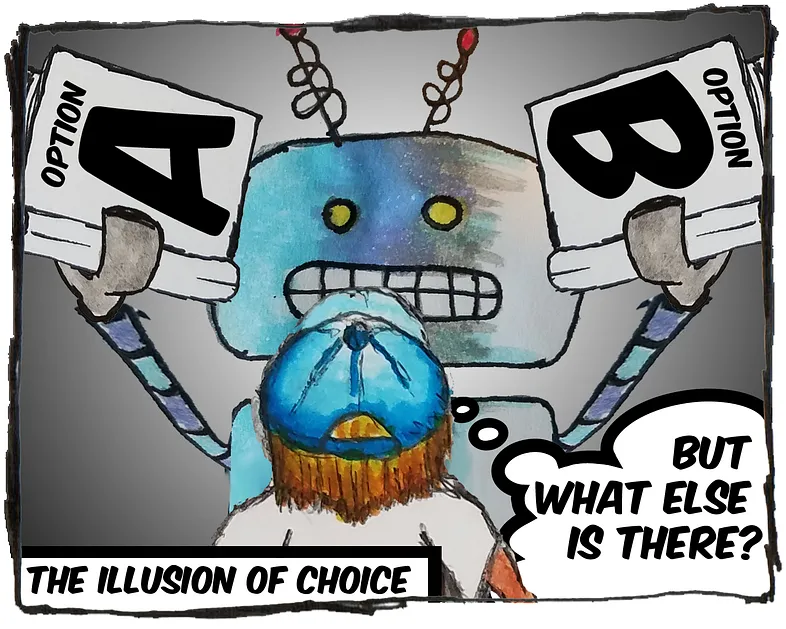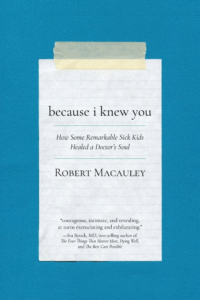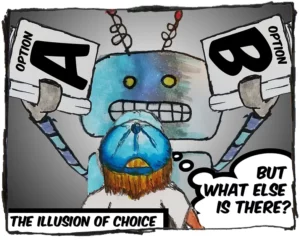“Unlock the Secrets of Language: Are You Confusing Homophones, Homonyms, and Homographs?”
Ever found yourself scratching your head over words that sound the same but mean completely different things? You’re not alone! The English language is a playful labyrinth, filled with tricky terms like homophones, homonyms, and homographs that can easily baffle even the most seasoned writers. It’s as if we’ve got a secret code that’s designed to trip us up—accept vs. except, affect vs. effect… and don’t even get me started on the delightful trio of too, to, and two! But fear not, my fellow wordsmiths! In this article, we’ll unravel the mysteries of these linguistic oddities, offering you simple ways to remember their nuances. So, let’s dive into this fascinating world of words that may sound alike but carry different meanings—a journey that promises to sharpen your writing skills and maybe give you a chuckle along the way. LEARN MORE.
They perplex us, confuse us, and make our heads spin. If you thought learning how to correctly spell words that sound alike was difficult, wait till you try to learn the terms for describing those words.














